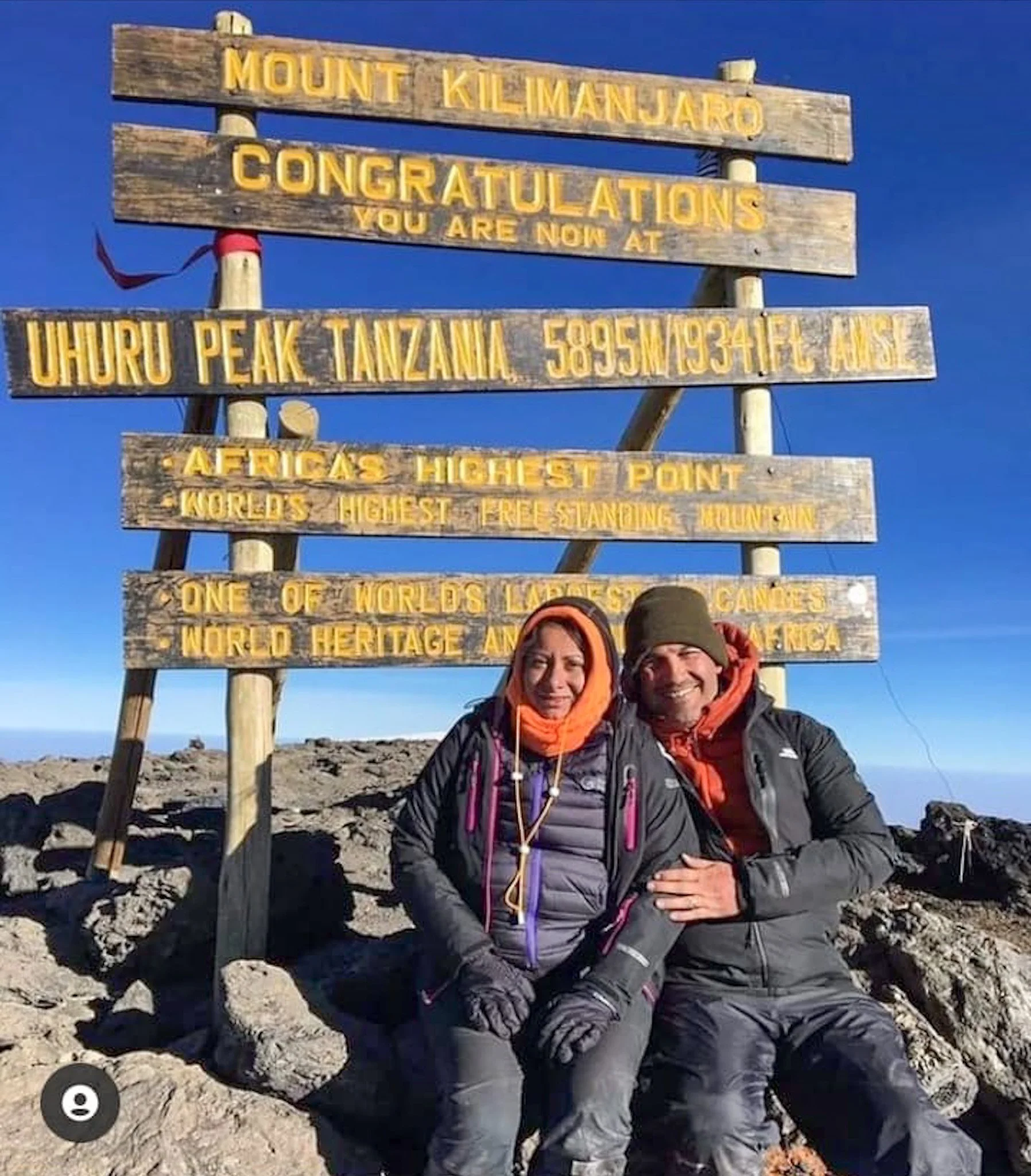A Life Rewired: Cups of Tea & Crushing Self-DoubtSmall rituals, big courage—and why most of your limits are made-up
There are days when the kettle does more for my mental health than any book, podcast, or motivational quote ever could.
It starts with the simplest of sounds: the click of the switch, the hum of electricity, that faint burble as water begins to wake. There’s something quietly ceremonial about it. The small, steadfast promise that, no matter what the world’s doing outside, this small corner of reality still behaves itself. The kettle still boils, the coffee still brews, and, for a few short minutes, I can pretend to have everything under control.
Self-doubt, on the other hand, doesn’t have such manners. It doesn’t knock before entering. It slips in uninvited—usually right when you think you’re on top of things—and sets up camp like an uninvited guest. You can be working on a new idea, planning a trip, or even just scrolling through photos of someone else’s seemingly perfect life, and suddenly that familiar voice pipes up: “Who do you think you are?”
It’s astonishing how convincing that voice can be. It knows all your weak spots, your history, your missed chances. It’s been with you long enough to know which buttons to press and when to press them. Mine tends to arrive just as I’m starting to get comfortable with something. The moment I start to believe I might actually be capable of change or creativity or confidence, there it is—ready to remind me that I’m probably just lucky, or deluded, or both.
But here’s the thing I’ve learned—usually the hard way. Doubt isn’t a sign you’re failing. It’s a sign you’re moving.
You only start to feel self-doubt when you’re doing something that stretches the boundaries of who you think you are. No one feels imposter syndrome sitting on the sofa watching a documentary about other people taking risks. You feel it when you step out of the audience and onto the stage, metaphorically or otherwise. It’s the side effect of growth, not the enemy of it.
And so, I’ve started to make peace with it. When that voice appears, instead of fighting it, I put the kettle on. It sounds ridiculous, but it works. There’s something grounding about that ritual. It’s both an act of defiance and of comfort—an acknowledgment that while I might not control my circumstances, I can control the next small thing I do.
Maybe that’s the secret most of us miss. We tend to imagine courage as this grand, cinematic quality—heroic music, decisive actions, bold declarations. But real courage, the kind that actually gets you through life, is a much quieter thing. It’s showing up on the days you don’t feel like it. It’s making the call, sending the email, writing the sentence, or—yes—making a coffee.
I sometimes think that life is built on these micro-acts of faith. The little things we do that tell the universe, “I haven’t given up yet.”
When I was younger, I thought confidence was something you built first and used later, like saving money before a big trip. But it’s the other way round. You act first, wobbling and uncertain, and confidence catches up with you somewhere down the road. If you wait until you feel ready, you’ll wait forever.
The funny thing about self-doubt is that it rarely disappears—it just gets quieter the more you act. It’s still there, but it loses its authority. Like an old radio crackling in the background, you stop paying attention to it after a while. You realise that the limits it warns you about—the “you can’t” and the “you shouldn’t”—were never real walls, just painted scenery.
And once you’ve seen behind the curtain, you can’t unsee it.
It’s taken me years to understand that most of our limits are self-authored. We write them out of fear, dress them up as reason, and then forget that we’re the ones who wrote them. And yet, when we challenge them—when we test even one—the whole structure starts to wobble.
That’s where small rituals matter. They become anchors, not because they solve anything, but because they remind us who we are when everything else feels uncertain. The coffee, the walk, the few deep breaths before a meeting—tiny moments that whisper, “You’re still here. You’ve done hard things before. You’ll do them again.”
And maybe that’s what A Life Rewired really is about—not dramatic reinventions, but small rewrites. Changing the narrative in increments. Replacing “I can’t” with “Let’s see.” Turning “I’m not that kind of person” into “Maybe I could be.”
Because every rewired life starts with one rewired thought. And often, that thought arrives mid-sip, somewhere between doubt and determination.
So yes, I’ll keep making the coffee. I’ll keep doubting myself now and then, too. Because if you’re never in doubt, you’re probably not aiming high enough.
The trick isn’t to banish the doubt. It’s to make peace with it, pour another cup, and carry on anyway.
Every cup of coffee, every quiet pause, every small moment of self-kindness—that’s where rewiring happens. You don’t need to go to the Himalayas to rediscover yourself (though it would make for excellent photos). You can start right where you are: in your kitchen, on a damp British morning, with steam rising from your mug and your reflection in the window reminding you that courage doesn’t always roar.
Sometimes, it just waits for the kettle to click.
